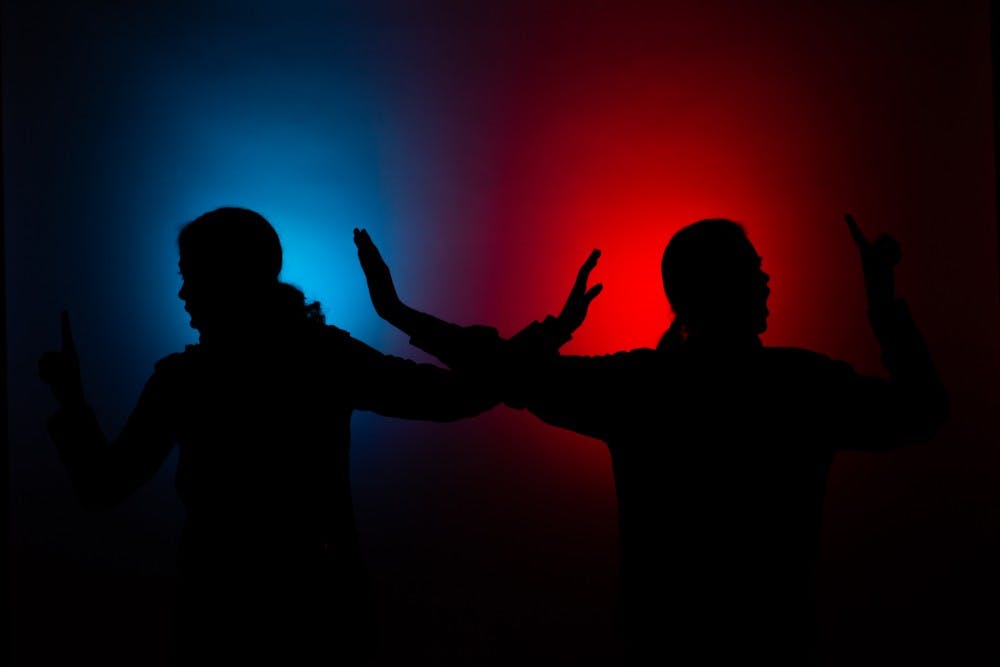I love yoga and Birkenstocks. I order overpriced lattes from my favorite local cafe on the weekends — with oat milk, of course, because I’m vegan. I have strong opinions on fine art and an intense commitment to my house plants. I talk a lot about astrology, and honestly, I kind of believe in it.
Politicians don’t mention astrology or Birkenstocks in their policy proposals, nor do campaign events of any kind include yoga breaks.
Nonetheless, I’m sure you have a pretty good idea of what political party I identify with after reading that description. You also probably have an idea of whether or not you think we would get along.
Unlike in the 1960s, when the political landscape was focused on business regulation and taxing, our political identifications today have become increasingly synonymous with our worldview. Although party members don’t fit a single mold, personal characteristics are more indicative today of a person’s political attitudes than they were years ago.
Now, political parties equate to our lifestyle preferences, and more importantly, our moral understandings. Now, politics is personal.
As a first-year in college, I had no choice but to meet people whose worldviews were entirely different from mine. I was exposed to people who lived in different states and different countries, and I developed a newfound respect for perspectives I didn't even know existed.
I didn’t seek these individuals out. I didn’t make a point to broaden my perspective. The fundamental community-based structure of college did the work for me, and I benefit from that work every single day.
My laptop cannot replicate that feeling.
Due to the pandemic, we face an alarmingly low degree of exposure to new perspectives. College students face this during a formative time when we should be growing our perspectives, not shrinking them.




